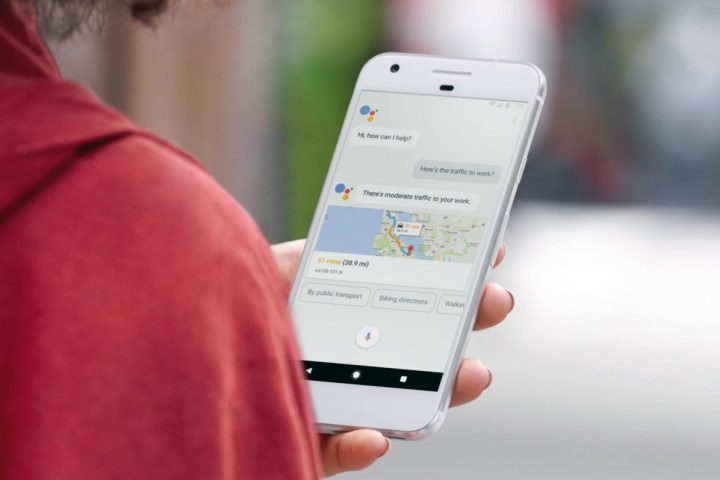
Joao Dias is well known to Android users thanks to his AutoApps plugins for the popular automation app Tasker. He’s also responsible for a Chrome extension called AutoVoice, which allows users to send voice commands to an app on their phone directly from their PC.
Dias has demonstrated a swathe of different things that users can control with their voice once they have access to Google Assistant. These applications include queuing up a particular song, getting a summary of news headlines, and receiving a briefing on their daily schedule from a calendar app, according to a report from Android Authority.
Unfortunately, there is something of a catch, as setting up access to Google Assistant functionality via Chrome isn’t the most straightforward process. Users first need to install the personal assistant software on their system, then run a few prompts via the Command Line to link it up to the AutoVoice extension.
Of course, this isn’t an official release of Google Assistant for the PC, so it’s to be expected that there will be certain hoops to jump through, but there are certainly some major benefits to carrying out the process. A detailed guide on how to get things set up is available from XDA Developers.
It will be interesting to see whether Dias’ implementation of Google Assistant proves popular among users. If this project amasses a large audience, it seems likely that Google would consider releasing its own official method for making similar functionality available, as its competitors in the field of personal assistant software seem eager to spread their offerings across as many devices as possible.
Editors' Recommendations
- 5 web browsers you should use instead of Google Chrome or Edge
- Google is bringing Chrome browser to cars, even more EV features to Maps
- I found a Chrome extension that makes web browsing bearable again
- This Google Chrome feature may save you from malware
- Chrome has a security problem — here’s how Google is fixing it

